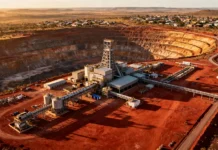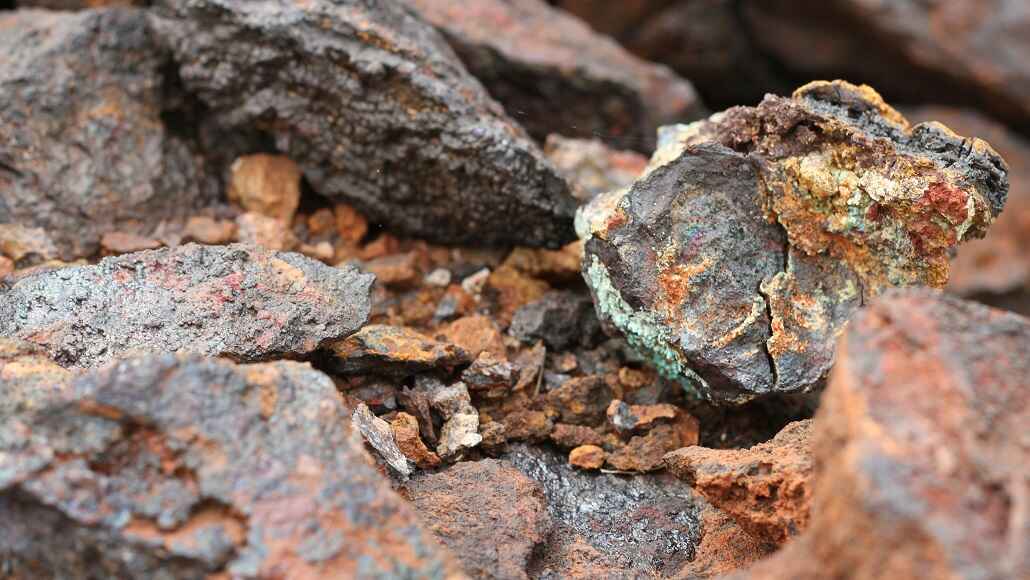A new amendment to the mineral resources law in Egypt is going to transform the country’s mineral authority into an economic entity. The new mining law in Egypt is aimed at boosting the investment and increasing the contribution of the mining sector to gross domestic product, said the officials and industry leaders. Speaking at one of the panel discussions in the Egypt Mining Forum, lawmakers, along with top industry executives, outlined the advantages of new legislation. The panel was moderated by the head of legal affairs at the petroleum ministry, Dr. Mohamed El-Bagoury, and was attended by the minister of petroleum and mineral resources of Egypt, Karim Badawy.
One of the sponsors of the bill, Parliamentarian Mohamed Ismail, said that the new mining law in Egypt was due to the legislative evaluation of a 2014 amendment that failed to attain its desired effect on the mining sector’s contribution when it comes to GDP.
He added that the administrative distortions when it comes to the Egyptian Mineral Resources Authority (EMRA) were a massive challenge, hence necessitating its transformation into an economic body, which would be capable in terms of modernizing the mining operations, establishing economic collaborations, and also offering geological data, which is required to attract investments.
Ismail went on to explain that the new law of EMRA gives it much greater agility so as to set a national strategy when it comes to mining industries, enable it to collaborate with the private sector so as to decrease the investor risk, and also help it in order to go ahead and invest in updating geological databases by way of satellite imagery as well as modern service. He also said that a major benefit of the law happens to be the consolidation of authority in terms of granting permits and approvals by way of including representatives from numerous government bodies on the new board of directors of EMRA.
The chairman of the Parliament industry committee, Mohammad El-Sallab, said that the support of the minister for the law was indeed an unparalleled positive gesture. He added that the law would enable the EMRA to enter into investment collaborations as well as local manufacturing projects in order to maximize the economic return coming from mineral resources rather than exporting them as raw materials. El-Sallab anticipated that the sector could grow its contribution when it comes to GDP to 5% and possibly even go to 10% within the next three years.
The managing director of Sukari Gold Mining and also representative of AngloGold Ashanti, Hoda Mansour, said that transformation when it comes to EMRA as an economic entity happens to send a real message of confidence across investors. She also noted that AngloGold Ashanti’s decision in order to invest in Egypt for the first time in 2024 came after very careful consideration and was driven by the positive approach to investment by the state. Mansour went on to praise the minister’s engagement along with the investors, and even a recent visit by the Prime Minister to the Sukari mine went as a signal of genuine political will in order to develop the sector.
She added that the new exploitation contract, which has been entered with AngloGold Ashanti, happens to be the first of its kind and is based upon the latest international laws as well as standards, which, according to her, opens broad prospects in terms of attracting more investments coming from major mining companies.























